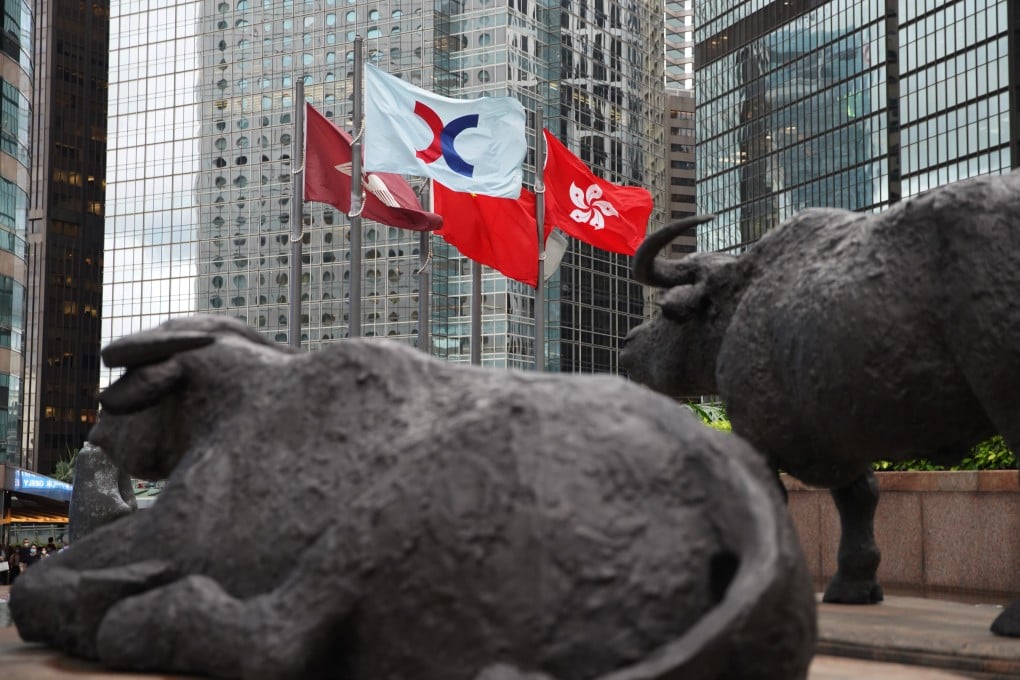Alibaba, Xiaomi, WuXi Biologics win green light to join the Hang Seng Index on September 7
- Alibaba capped at 5 per cent of weighting; lower than Tencent capped at 10 per cent
- Sino Land, Want Want China Holdings and China Shenhua Energy removed from index

Technology giant Alibaba Group Holding and mobile phone maker Xiaomi have won approval to become constituent stocks of the Hang Seng Index from September 7, becoming the first companies with weighted voting rights (WVR) or a secondary-listing in the benchmark index.
WuXi Biologics, China's largest drugs development and manufacturing services provider, will also be added to the 50 constituent stocks in the index.
The three firms will replace developer Sino Land, snack maker Want Want China Holdings, and China Shenhua Energy from the index. The changes show the benchmark index is shifting from traditional industries to new economy and biotech firms.
The decision, announced by index compiler Hang Seng Indexes Company on Friday in its quarterly review, is the biggest revamp of the 50-year-old Hang Seng Index since the inclusion of mainland companies listed in Hong Kong, known as H-shares, in 2006.
